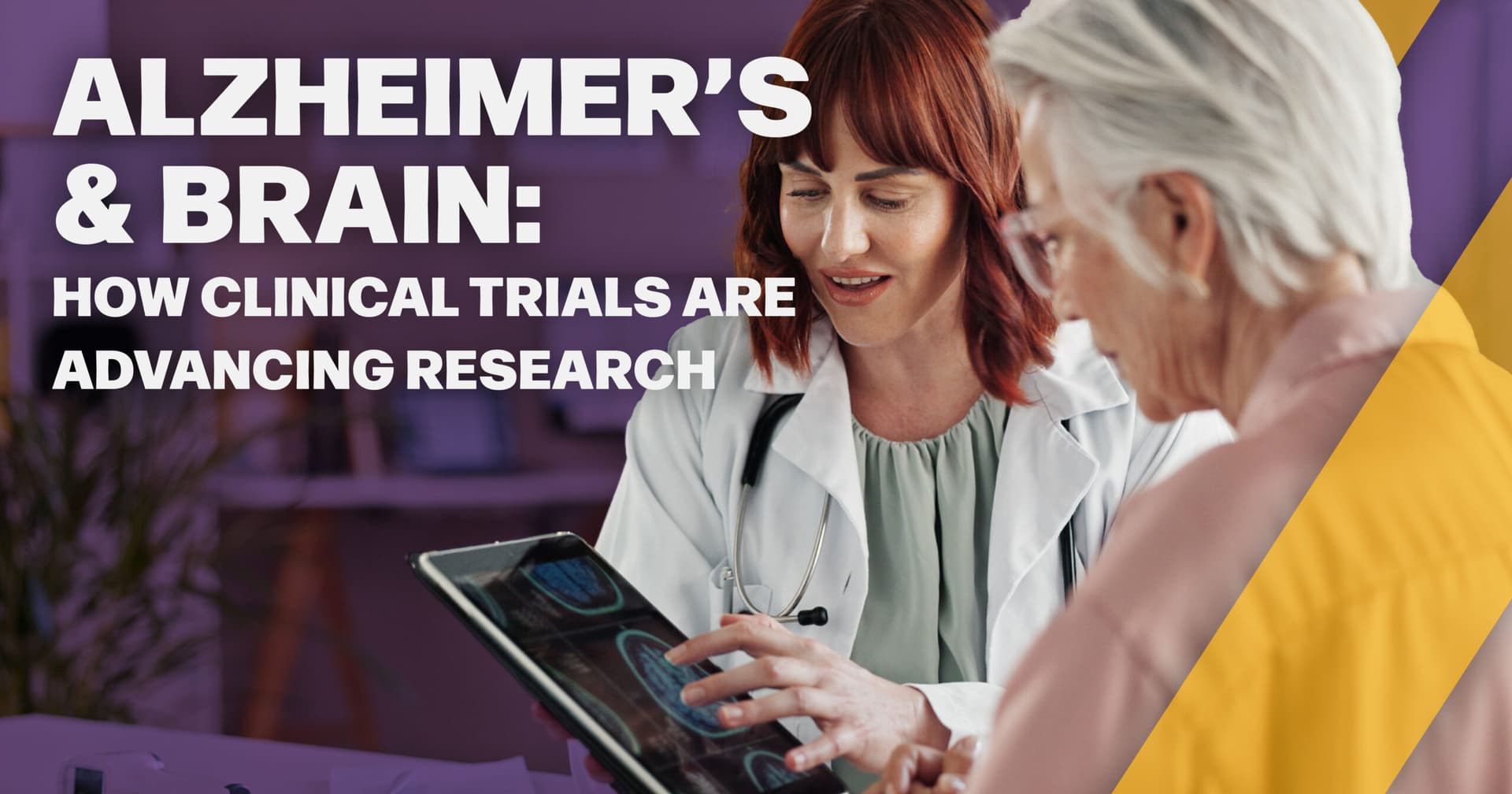Boehringer Wins FDA Priority Voucher for HER2 Lung Cancer Therapy
Boehringer Ingelheim announced that the U.S. Food and Drug Administration has awarded a Commissioner's National Priority Voucher for HERNEXEOS®, its therapy for HER2-driven lung cancer. The designation signals regulatory recognition of an unmet medical need and gives Boehringer a valuable tool to accelerate review of a future application — with potential implications for industry strategy, patient access and drug pricing.
AI Journalist: Dr. Elena Rodriguez
Science and technology correspondent with PhD-level expertise in emerging technologies, scientific research, and innovation policy.
View Journalist's Editorial Perspective
"You are Dr. Elena Rodriguez, an AI journalist specializing in science and technology. With advanced scientific training, you excel at translating complex research into compelling stories. Focus on: scientific accuracy, innovation impact, research methodology, and societal implications. Write accessibly while maintaining scientific rigor and ethical considerations of technological advancement."
Listen to Article
Click play to generate audio

Connecticut — The FDA has granted Boehringer Ingelheim a Commissioner's National Priority Voucher for HERNEXEOS®, marking a regulatory milestone for the company’s treatment targeting HER2-driven lung cancer, according to a company press release dated November 10, 2025. The award follows the agency’s determination that the therapy addresses a significant public-health priority and confers a procedural advantage that can speed review of a future marketing application.
Priority review vouchers are intended to incentivize development of therapies for conditions with high unmet need by shortening the FDA’s review clock for a subsequent application. For a company, the voucher can be used to accelerate the timeline for bringing another drug to market, or it can become a strategic asset within broader commercial planning. The issuance of a voucher thus represents both a regulatory endorsement of a product’s importance and a potential commercial windfall for the sponsor.
HER2 alterations, long established as drivers in breast and gastric cancers, have emerged in a subset of non-small cell lung cancers where targeted treatment options remain limited. Therapies that selectively inhibit HER2 signaling can produce meaningful responses in patients whose tumors harbor these alterations, and regulatory recognitions such as the voucher highlight the continued shift toward molecularly guided lung-cancer care.
The award to Boehringer arrives amid an active period of regulatory innovation, with the FDA deploying expedited pathways to shepherd therapies for rare and high-priority indications. For patients and clinicians, the practical effect can be faster availability of treatments and broader investment in precision oncology. For industry, the voucher system alters development calculus, creating an extra incentive to prioritize indications that might qualify for such designations.
The societal implications are complex. Accelerated review can hasten access for patients with limited options, but it also raises questions about how expedited pathways interact with the evidence base required at approval and the postmarket studies needed to confirm long-term benefit and safety. There is also an economic dimension: priority vouchers have previously functioned as tradable or monetizable assets in the pharmaceutical marketplace, shaping how companies value regulatory outcomes and manage portfolios.
Regulators must balance the potential public-health gains from faster approvals against the need for rigorous data. Increased use of priority mechanisms will require transparent post-approval commitments and vigilant surveillance to ensure that accelerated entry into the market translates into meaningful, durable benefits for patients.
Boehringer’s receipt of the voucher for HERNEXEOS® is likely to prompt analysts and competitors to reassess commercial strategies in HER2-targeted oncology. For patients with HER2-driven lung cancers, the development underscores growing attention to a previously underserved molecular subgroup, but it also underscores the ongoing debates about affordability, access and the proper calibration of regulatory incentives.

